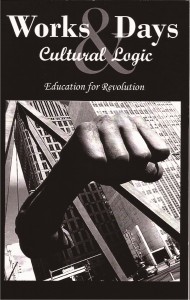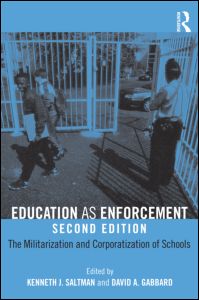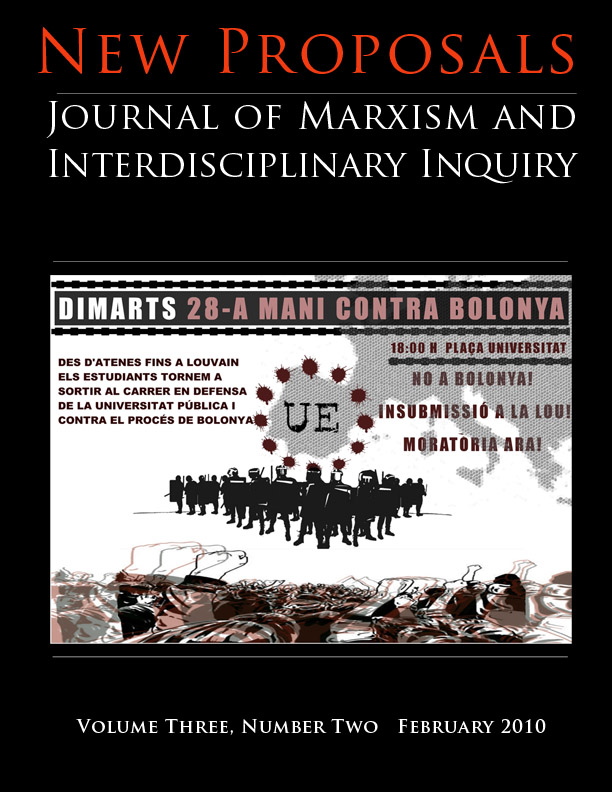Education for Revolution a special issue collaboration of the journals Works & Days and Cultural Logic has just been launched.
Check out the great cover image (Monument to Joe Louis in Detroit) and the equally great stuff on the inside. Hard copies of the issue available from worksanddays.net and Cultural Logic will be publishing and expanded online version of the issue in the coming months.
Rich and I want to thank David B. Downing and his staff at Works & Days for the fabulous work they did on this issue, which is the second collaboration between the two journals. Read Downing’s foreword to the issue here.
Works & Days + Cultural Logic
Special Issue: Education for Revolution
E. Wayne Ross & Rich Gibson (Editors)
Table of Contents
Barbarism Rising: Detroit, Michigan, and the International War of the Rich on the Poor
Rich Gibson, San Diego State University
Resisting Neoliberal Education Reform: Insurrectionist Pedagogies and the Pursuit of Dangerous Citizenship
E. Wayne Ross, University of British Columbia
Kevin D. Vinson, University of The West Indies
Reimaging Solidarity: Hip-Hop as Revolutionary Pedagogy
Julie Gorlewski, State University of New York, New Paltz
Brad Porfilio, Lewis University
Learning to be Fast Capitalists on a Flat World
Timothy Patrick Shannon, The Ohio State University
Patrick Shannon, Penn State University
Contesting Production: Youth Participatory Action Research in the Struggle to Produce Knowledge
Brian Lozenski, Zachary A. Casey, Shannon K. McManimon, University of Minnesota
Schooling for Capitalism or Education for Twenty-First Century Socialism?
Mike Cole, University of East London
Class Consciousness and Teacher Education: The Socialist Challenge and The Historical Context
Curry Stephenson Malott, West Chester University of Pennsylvania
The Pedagogy of Excess
Deborah P. Kelsh, The College of Saint Rose
Undermining Capitalist Pedagogy: Takiji Kobayashi’s Tōseikatsusha and the Ideology of the World Literature Paradigm
John Maerhofer, Roger Williams University
Marxist Sociology of Education and the Problem of Naturalism: An Historical Sketch
Grant Banfield, Flinders University of South Australia
The Illegitimacy of Student Debt
David Blacker, University of Delaware
Hacking Away at the Corporate Octopus
Alan J. Singer, Hofstra University
A Tale of Two Cities ¬– and States
Richard Brosio, University of Wisconsin, Milwaukee
SDS, The 1960s, and Education for Revolution
Alan J. Spector, Purdue University, Calumet



